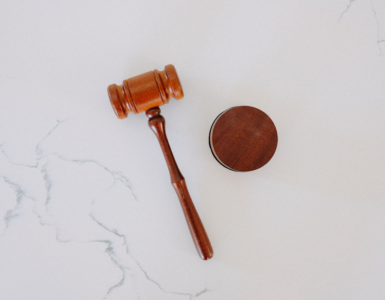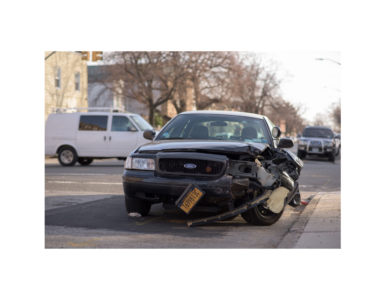In today’s world, social media platforms allow us to keep in touch with our family members, connect with our old friends, and share updates about our lives. But this same social media can come back to hurt us. This is true for injury victims who use social media.
If you suffer a personal injury and have decided to pursue a claim, social media can be your worst enemy. You need to be aware of the content you post on social media. Making statements about your case or revealing too many personal details about your life could negatively affect your ability to get compensation for your injuries. Find out more about how to handle social media platforms when you have a personal injury claim.
How Social Media Post Can Impact Your Personal Injury Claim
Your social media post can make it harder to recover compensation for your losses if you say something that contradicts your case. Many defense lawyers browse through social media posts to find statements that they can use against injured plaintiffs. Here’s how your posts on social media could impact your claim.
Social Media Posts May Reveal Your Injuries Aren’t As Serious As You Claim
Defense attorneys or insurance companies can use your check-ins on social media platforms to dispute the severity of your injuries. For instance, if you post photos of you and your family on vacation or at an amusement park during your claim, the defense lawyer will prove your physical capabilities and dispute your injuries. If the insurer agrees, this can reduce your compensation. It’s vital to be truthful about your claim and avoid posting on social media while your case is pending.
Social Media Posts May Contradict Your Testimony
Like we said earlier, you might say or comment on something that goes against your claim when you post on social media platforms about your personal injury case. For instance, if you claim that you were injured at a supermarket store in the morning, but you checked in to your yoga class on Facebook that same morning, a defense lawyer will challenge your claim. You must be honest about your injuries and the circumstances of your claim. You can destroy your chances of recovering compensation with contradictory social media posts.
Social Media Will Show What You’re Able To Do
Social media posts can reveal the other side of what you’re capable of doing after your injury. The content you post on social media platforms can call your case into question. For instance, you may claim that you have undergone profound pain during your recovery. However, you are always vacationing, smiling, or hanging out with friends. Your social media activity may cause the defense lawyer to doubt your claim and assume you live actively, despite your alleged suffering.
Social Media Comments From Friends And Family
Even if your social media post doesn’t contradict your claim, your friends or family member might make some comments about how much money you want to get paid for your injury or asked about your claim. These things can hurt your evidence and paint you in a negative light.
How To Handle Your Social Media During Your Personal Injury Case

When it comes to personal injury claims, you need to be careful with what you post on your profile, where you check-in, what you comment on your friends’ profiles, and more. To protect your case, you need to avoid:
- Posting things about the accident.
- Interacting with people, you don’t know
- Responding to any comments about the incident
- Posting new videos/pictures of yourself
- Posting updates about the insurance claim
- Accepting new friends unless you know them
- Posting pictures of you partying or drinking
The work of your personal injury lawyer is to build a solid case so that you can get the compensation you deserve. Therefore, you need to be aware of what you post on social media to get the maximum compensation.
What About Social Media Posts After You’ve Received Your Settlement?
Now that you’ve been settled, you are eager to tell someone how it ended up. In your settlement agreement, if there’s a clause that states you are not to reveal the details of the settlement to anyone. But if you decide to tell a family member or post it on social medial that you just received a certain amount for compensation, you’re likely to forfeit the settlement you received. If there’s no such clause, you can brief your close friend or family member, but we advise you not to do that on social media.







